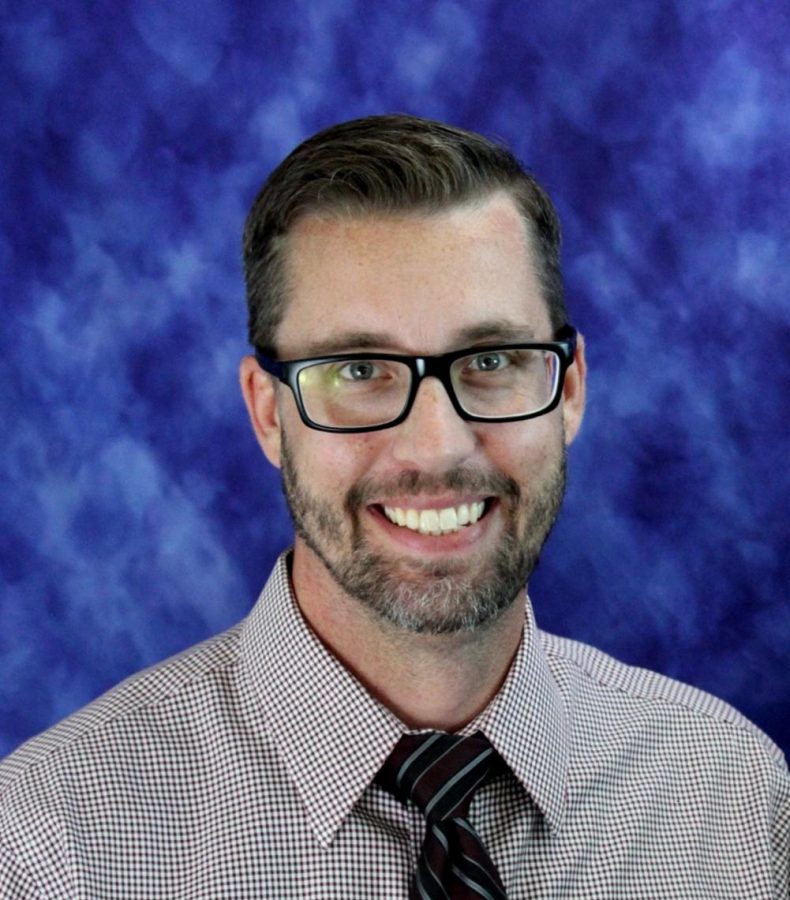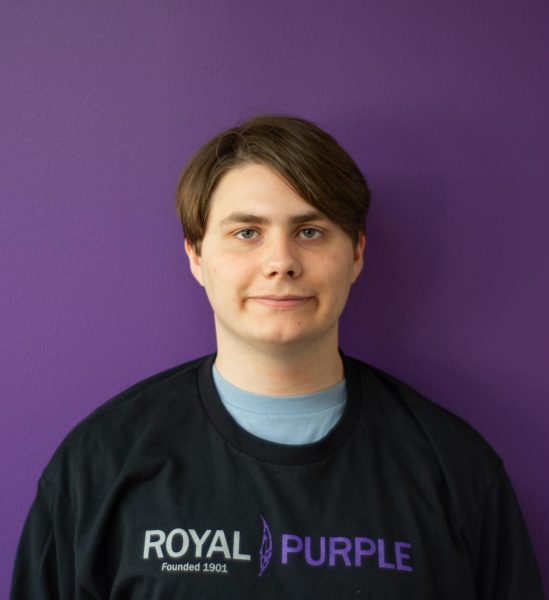Like much of the country, Whitewater is in a housing crunch between low inventory and high prices. Inflation rose over the past year, and along with it the need for workers as new businesses continued to open in the community. But that doesn’t mean salaries are keeping pace.
“Our town has a family median income of $39,000 a year, which is basically poverty level for a family of four,” says District 3 Alderman Brienne Brown.
Brown’s district includes downtown Wards 4 and 5, so housing, employment and business needs are important to her. She hopes to improve the quality of life for Whitewater residents.
City Manager John Weidl has a plan for how to tackle some of these needs for his constituents this year and in the foreseable future.
New housing projects are on the horizon as the city focuses on an industry that was largely put on hold during the pandemic.
“Your living experience matters to us,” says Weidl. “We are committed to providing quality housing options that cater to students, young professionals, families and retirees alike.”
Weidl says the city government plans to address housing shortages for families in particular by funding two new projects: one in Mound Meadows and one in Walton Way. The government’s plan is to build affordable family-style units in each of the locations.
The government will also embark on a venture to invigorate the economy of Whitewater by growing small businesses in the city.
“The Common Council and Community Development Authority are working diligently to attract new businesses, breathing new life into our downtown area,” he says. “Exciting developments await, including the arrival of Starbucks, ALDI, and the prospect of a local grocery co-op finding its home in our downtown district.”
According to the Weidl, their main effort in this area will be a joint operation with the Community Development Authority and university. The joint venture will include a contest for small businesses to win prizes for the best proposals. The competition currently has $150,000 collected for the prize money that could be used for providing a year of rent, renovations, retrofits and repairs.
“We are committed to promoting health and balance in our community,” Weidl says. “Together, we can make a difference.”


